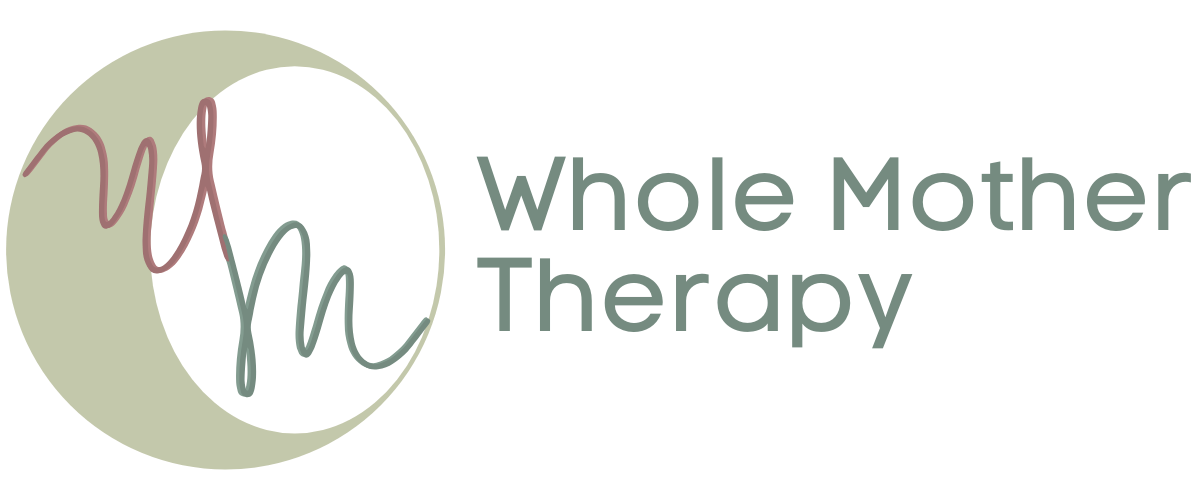Sepideh Hakimzadeh, MA, LMFT
(she/her)
Founder/Creator/CEO
Sepideh Hakimzadeh, MA, LMFT
My name is Sepideh Hakimzadeh, MA, LMFT, and my preferred pronouns are she/her.
Becoming a parent
Before becoming a mother, I witnessed several friends’ transition into parenthood and their struggles with maternal mental health. As a result, I set up my own postpartum experience in a way that ensured I felt supported and nurtured by a village I created around myself. The challenges and difficulties still surprised me, and I endured some unexpectedly potent lows during the first six months of my son’s life.
A traumatic birth and post-birth experience robbed me of my fantasy of early motherhood. I had bouts of rage and sadness that took me by surprise. I was in no way psychologically prepared for the realities of the motherhood I was presented with. I was not expecting to be thrown immediately into survival mode, and I firmly believe that the only reason I didn’t succumb to postpartum depression is because of the resources I had put in place beforehand. The more I was thrown into the depths of the unknown, the more I became painfully aware of just how lacking the support structure for mothers, fathers, and parents is.
But these collective experiences gave birth to something else equally wonderful: my deep passion for helping parents of all kinds to navigate the highs and lows of pregnancy and the post-birth journey. I want to help break the stigma around the psychological, emotional, physical, and spiritual strains of mothering, fathering, and parenting. Additionally, I like to work more broadly with women in the transitional spaces, addressing identity shifts and ideas of mothering, wellness issues and challenges.
Training & Professional Affiliations
Pacifica Graduate Institute, MA in Counseling Psychology
Clark University, BA in Geography with a concentration in International and Women's Studies
California Association of Marriage and Family Therapists (CAMFT)
Maternal Mental Health Postpartum Training (PSI and 2020 Mom)
Sensory Motor Therapy Level 1
Transition to parenthood & MOthering
Our culture seems prepared to acknowledge the wondrous journey of pregnancy and to celebrate the pregnant body, but as soon as the baby is born it’s as if the mother is forgotten. There is little discussion of the intense changes that accompany becoming a parent. Mothers are simply expected to handle the immense stress of taking care of and developing a relationship with a new human.
The truth is, the experience often forces us to confront fantasies and assumptions that don’t fit the reality of our new lives. There is no acknowledgment of the dark, lonely thoughts and experiences that accompany this fundamental transformation. The isolation prevalent in Western culture can negatively affect our mental, emotional, spiritual, and physical health post-birth. These intense stresses can lead to postpartum depression, postpartum anxiety, postpartum rage, postpartum OCD, and all kinds of other challenges. Some of us must contend with the deep grief that confronts us after an abortion, miscarriage, or infant loss, which is hardly acknowledged in our culture.
To break through to the other side of these emotional and psychological challenges, we need to start with an open, honest dialogue about the realities of mothering. Sometimes it’s our own unreasonable expectations — fueled by a culture that persists in idealizing the Mother figure — that are the most damaging, and it can be profoundly reassuring to learn that we are not alone in our perfectly imperfect efforts. Connection is what heals, and sharing our stories while a supportive presence holds space for our process allows the psyche to feel safe to express itself and become integrated into the whole.
Support for all parents
Since becoming a mother — both as a stepparent and a biological parent — I’ve come to appreciate just how badly our country fails in providing essential support to parents. I believe in my bones that we need to change society fundamentally so that parenting is properly valued. A thriving society starts with how we treat our little ones and how we support mothers and fathers on their journey of parenthood. We need to start having honest conversations about not only the joys of parenting but also the challenges, the difficult realities.
We need to create a culture that supports mothers and fathers and caregivers as we connect with and attach to our babies, toddlers, and children. We need a social and political environment that provides resources and tools to help us become proficient parents. I believe that by sharing our stories, validating our experiences, gaining insights into our triggers, and discovering new tools for better parenting we have the potential to heal and become more whole versions of ourselves. By more fully valuing mothers, fathers, and parenting, society will place greater value on the human experience as a whole and foster a more spiritually conscious, self-aware, and healthy generation.
You don’t have to be female-identified to be a mother
I use motherhood as an all-encompassing term. I recognize that there are humans who don’t identify with she/her-he/him pronouns or who experience gender and sexuality more fluidly. I enjoy working with people from all cultures, backgrounds, and identities. LGBTQ+ and nonbinary humans are welcome. Additionally, my experience of being an Iranian-American married to an American gives me a deeper understanding of cross-cultural relationships and how important it is to raise children with an emphasis on bicultural awareness.
Let’s talk.
We would love to connect with you.

